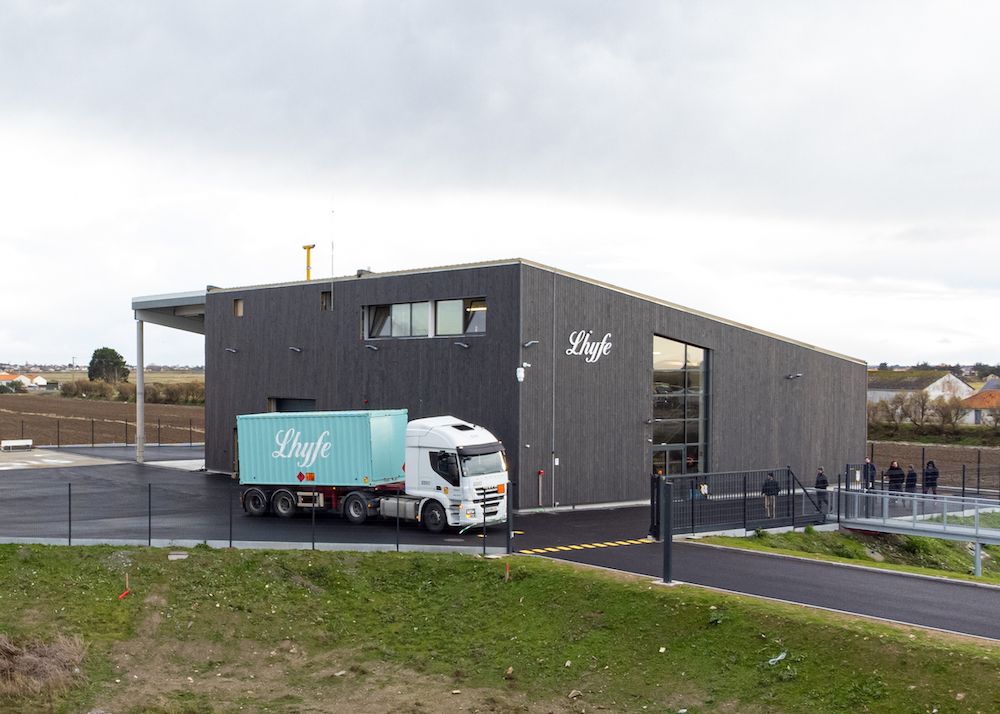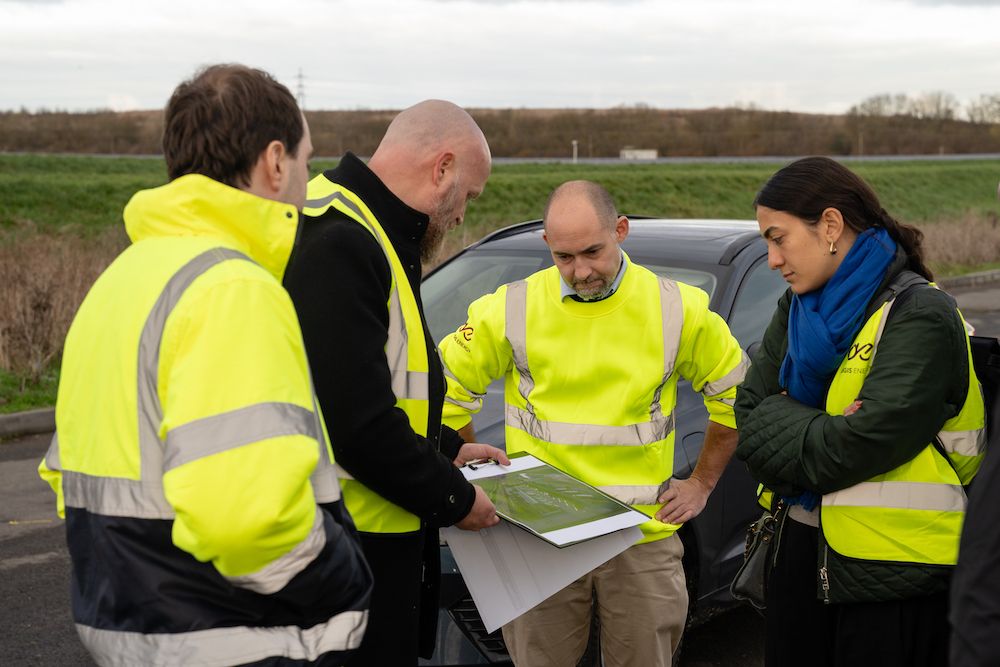Energy storage research firm, the Faraday Institution, has announced a £29m investment in six key battery research projects, aimed at delivering commercial impact.
The projects, which focus on extending battery life, battery modelling, recycling and reuse, safety, solid-state batteries, and lithium-sulphur batteries, have now been “reshaped to focus on the areas with the greatest potential for success”, it said.
The reshaping includes applying research into those areas with commercial potential, industrial interest, as well as looking at new technologies and battery types.
The Faraday Institution has more than 500 researchers from 27 universities and more than 85 industry partners to drive innovation in energy storage technologies.
As part of the refocusing, the Faraday Institution also issued an open call for short, costed proposals for “new research topics with tightly defined scopes that complement its core research projects”. The researchers chosen from 62 proposals come from Warwick, Imperial, Oxford and Newcastle Universities, amongst others, and will work on projects such as the degradation of batteries or new solid-state options.
The funding for these projects came from the Faraday Battery Challenge, delivered by Innovate UK for UK Research and Innovation.
Professor Pam Thomas, CEO, Faraday Institution, said: “The Faraday Institution is committed to identifying and investing in the most promising and impactful battery research initiatives. This project refocusing is an important part of that process, and allows us to direct even more effort towards those areas of research that offer the maximum potential of delivering societal, environmental, and commercial impact.”
Business and Trade Minister Nusrat Ghani, said: “Growing the battery industry is vital to positioning the UK as the best location in the world to manufacture electric vehicles.
“This funding will help businesses become more innovative and productive, helping to create more skilled, high-wage jobs across the UK, future-proofing our economy and supporting our ambition towards a cleaner, greener future.”
James Gaade, Research Programme Director, said: “We congratulate the co-investigators who were successful in bidding in the competitive process. They are from 10 universities, three of which – Cranfield, Bristol and King’s College London – are new to Faraday Institution core projects. We particularly congratulate Newcastle University who will lead three new work areas in the SOLBAT, ReLiB and Degradation projects.”
Image courtesy of Shutterstock












